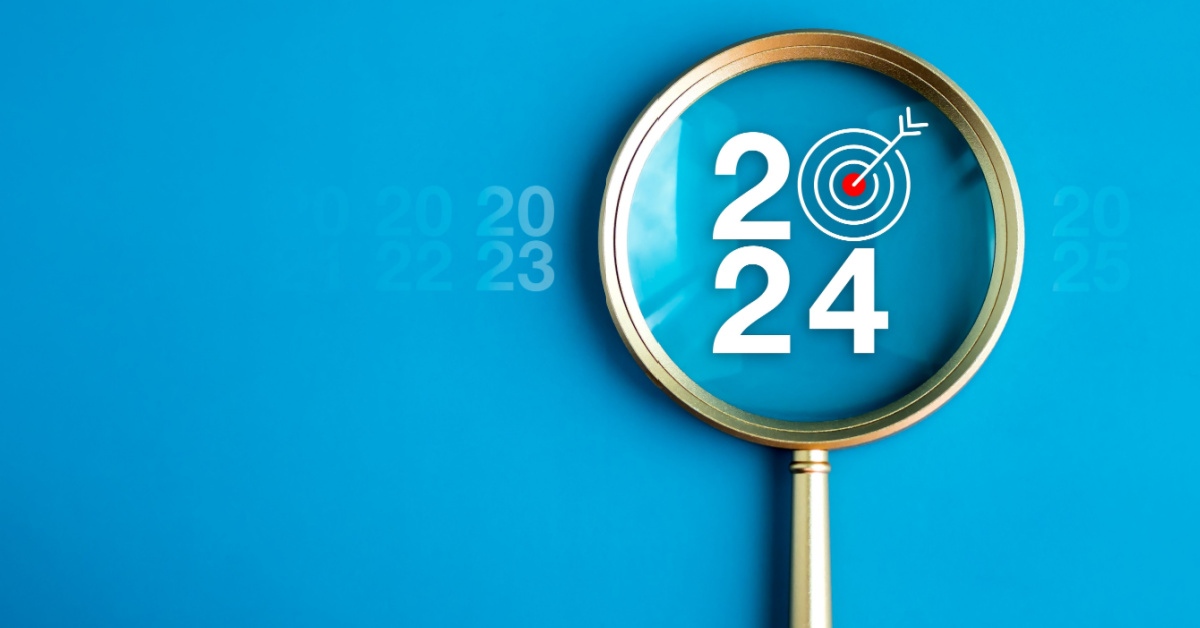
Your personal net worth consists of both assets and liabilities. The simple equation to calculate your Net Worth is:
Net Worth = Assets – Liabilities
Liabilities or debts, often given a bad rap, tend to be overlooked in favor of assets. However, debt can be a powerful tool; the amount you borrow and the way in which you use it will determine whether it is good or bad.
There are general, appropriate levels of debt one can assume. In debt management planning, consider the 28/36 rule.
28 – Aim to have no more than 28% of your pretax household income going toward servicing home debt
- Home debt includes mortgage principal and interest, property taxes and homeowner’s insurance
36 – Aim to have no more than 36% of your pretax household income going toward servicing all forms of debt
- This includes home debt as well as debts related to the principal and interest on credit cards, auto loans and any other debt you may have acquired
Beyond this rule, certain types of debt can enhance your opportunities to improve your financial future. These can be considered “good debts.” Good debt can be characterized as low cost with the potential for tax advantages. Think about mortgages and student loans. Debt acquired to finance the purchase of a home, a potentially appreciating asset, is not necessarily a bad debt, if the mortgage is affordable and sits within the 28/36 rule. Debt incurred to fund a college education, which in turn can enhance career opportunities, is not bad debt. You may be able to deduct the mortgage and student loan interest you pay on your tax return.
Bad debt is characterized as high cost with zero potential for tax advantages. Often, bad debt is incurred in the form of high interest credit cards or personal loans. Credit cards and personal loans are not inherently bad debt, however, when used to fund discretionary purchases and not paid off in full, they become bad debt. Many credit cards currently have interest rates in excess of 19%! Taking on debt to fund discretionary purchases or vacations can become an expensive habit.
Ultimately, your liabilities deserve as much attention as your assets. Managing your liabilities in a responsible manner turns them into a powerful tool that can enhance your opportunities and improve your financial future.
As always, if you have any questions specific to your situation, please do not hesitate to contact us.
Sources: Schwab, Schwab Money Wise, Investopedia
*This article is provided for informational purposes only and should not be interpreted as investment advice.



